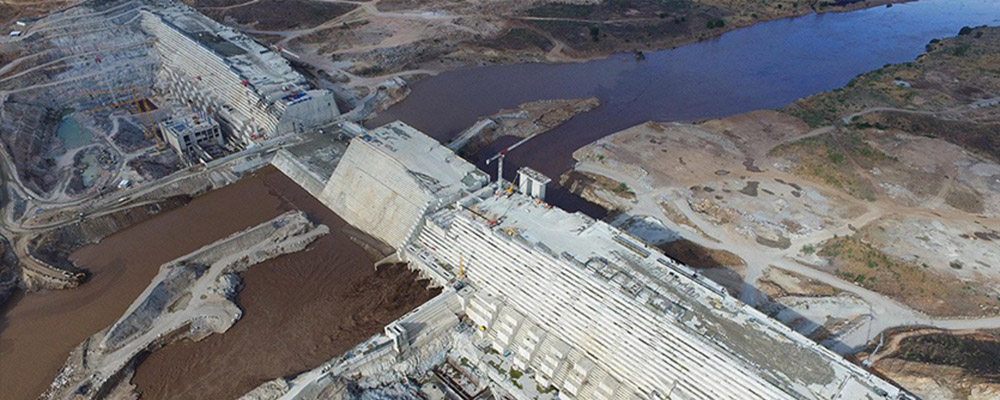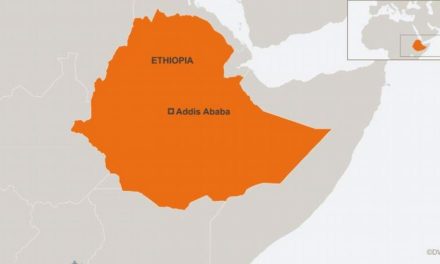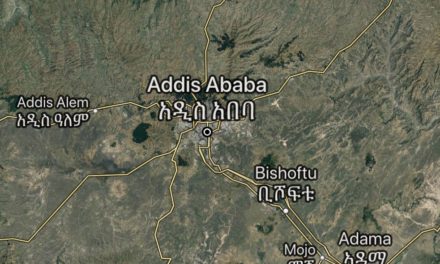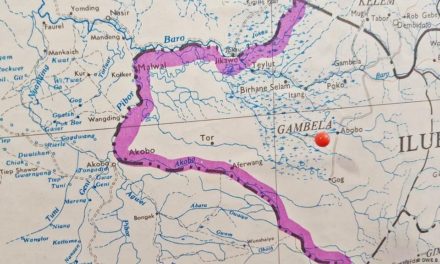(Reuters) – Egyptian President Abdel Fattah al-Sisi said on Sunday he would meet Ethiopian Prime Minister Abiy Ahmed in Russia to discuss a dispute over a hydropower dam that the Horn of Africa country is building on the River Nile.
A long-running diplomatic standoff over building and operating the Grand Ethiopian Renaissance Dam has heightened tensions between the two countries. Egypt worries that the dam will threaten its already scarce water supplies.
“I agreed with the Ethiopian prime minister to meet in Moscow and to discuss the issue to move forward, and God willing, things will go in a way that helps to solve this issue in one way or another,” Sisi said at a military forum on Sunday.
He did not say when they would meet, but Russia will host the first Russian-African summit in the Black sea resort of Sochi on Oct. 23 and 24.
Sisi and Abiy spoke on Friday after the Ethiopian prime minister won the Nobel Peace Prize for his peacemaking efforts with Eritrea. Sisi had congratulated Abiy on Facebook.
“The call included a stress on the importance of overcoming any obstacles in the negotiations of the Renaissance Dam,” said Egyptian presidency spokesman Bassam Rady.
Ethiopia, the source of the Blue Nile which joins the White Nile in Khartoum and runs on to Egypt, says the dam will not disrupt the river’s flow and hopes the project will transform it into a power hub for the electricity-hungry region.
Sudan, which is also involved in the talks, hopes to buy electricity produced by the dam.
Sisi said his government had a plan, through 2037, worth 900 billion Egyptian pounds ($55 billion) to overcome “water poverty”. The plan includes building huge sea water desalination plants and sewage triple treatment plants.
Sisi said Egypt had already spent 200 billion pounds on the plan, and would spend 70-100 billion more next year.
Many Egyptians on social media criticized Sisi for signing a 2015 “declaration of principles” with Ethiopia and Sudan, which was meant to serve as a basis for negotiations. Critics say the declaration has strengthened Addis Ababa’s hand in talks, and no breakthrough has been made since it was signed in Khartoum.
Sisi blamed the 2011 uprising which toppled longtime autocrat Hosni Mubarak for weakening Cairo’s position in the dam negotiations.
“If not for 2011, there would have been a strong and easy agreement on constructing this dam, but when the country exposed its back and … stripped its shoulder naked, anything could be done,” he said at the military forum.
Source : Reuters





